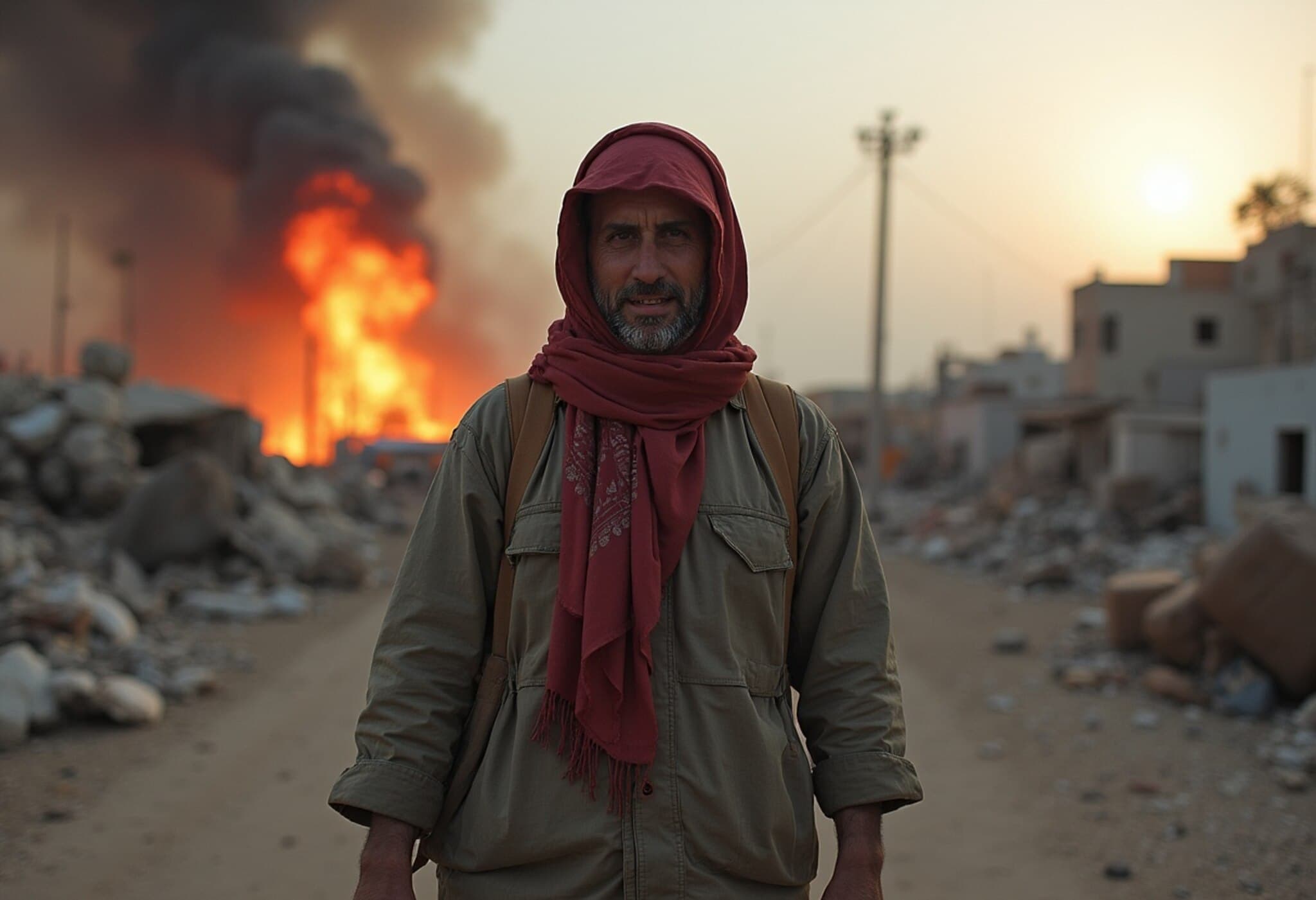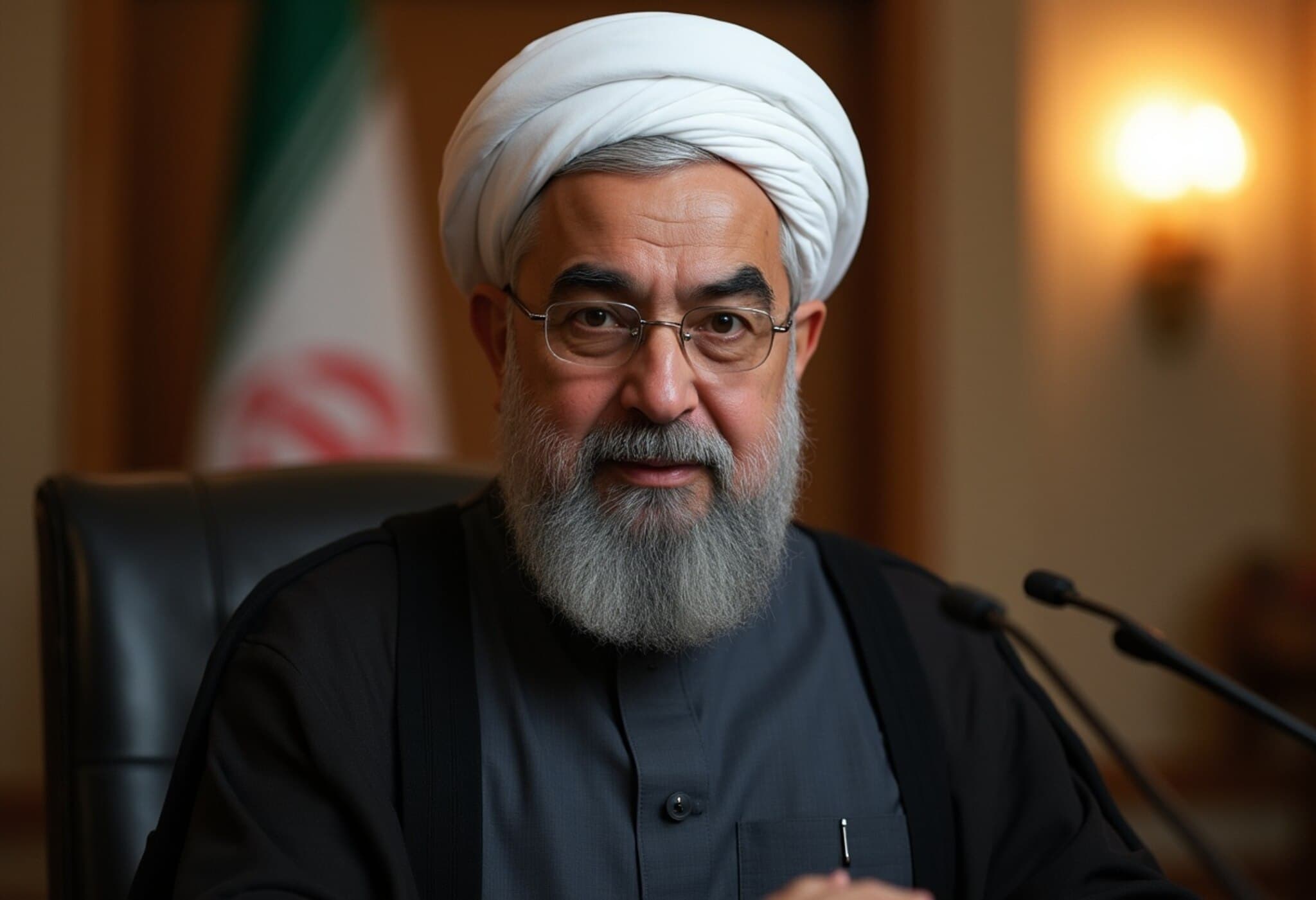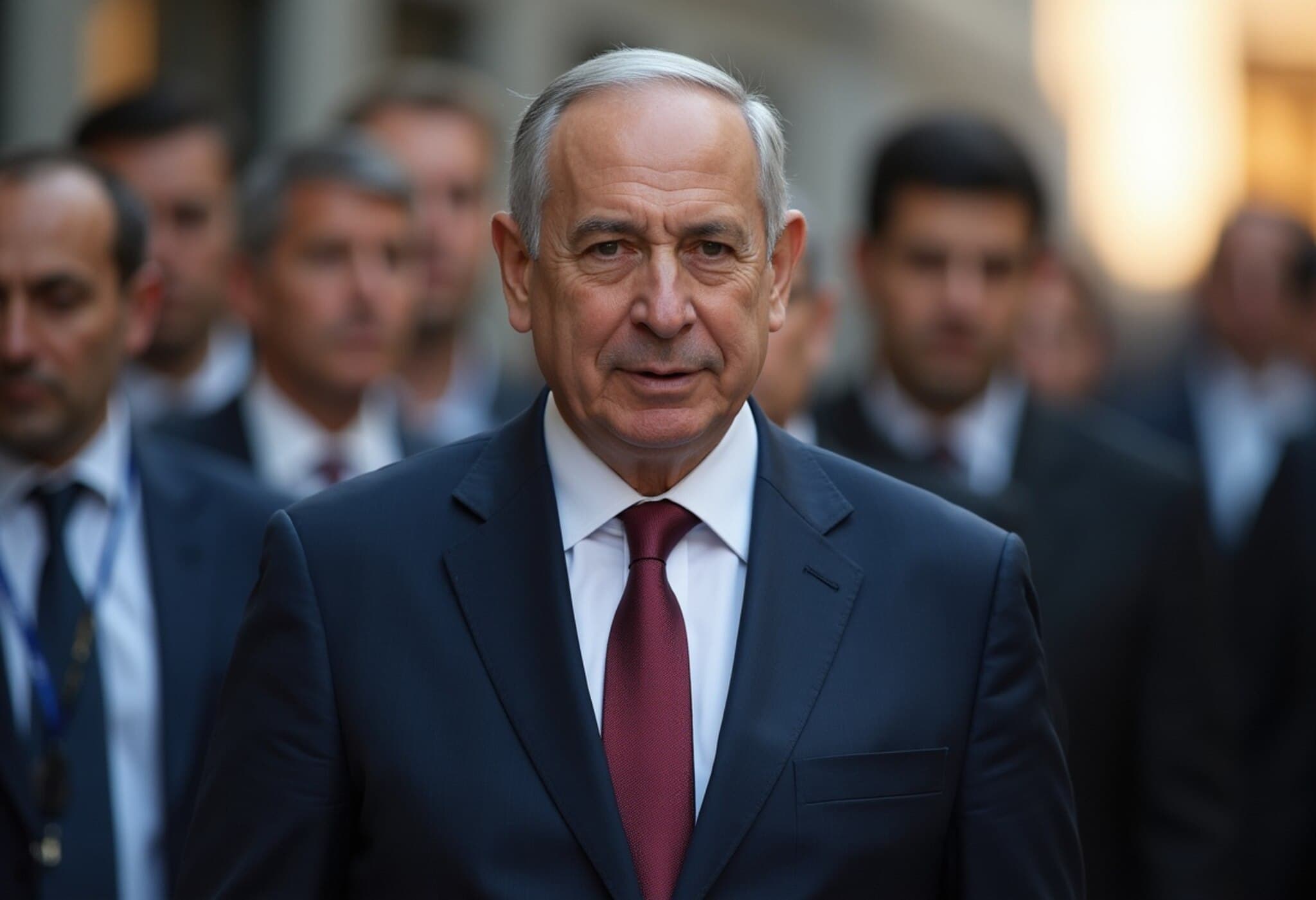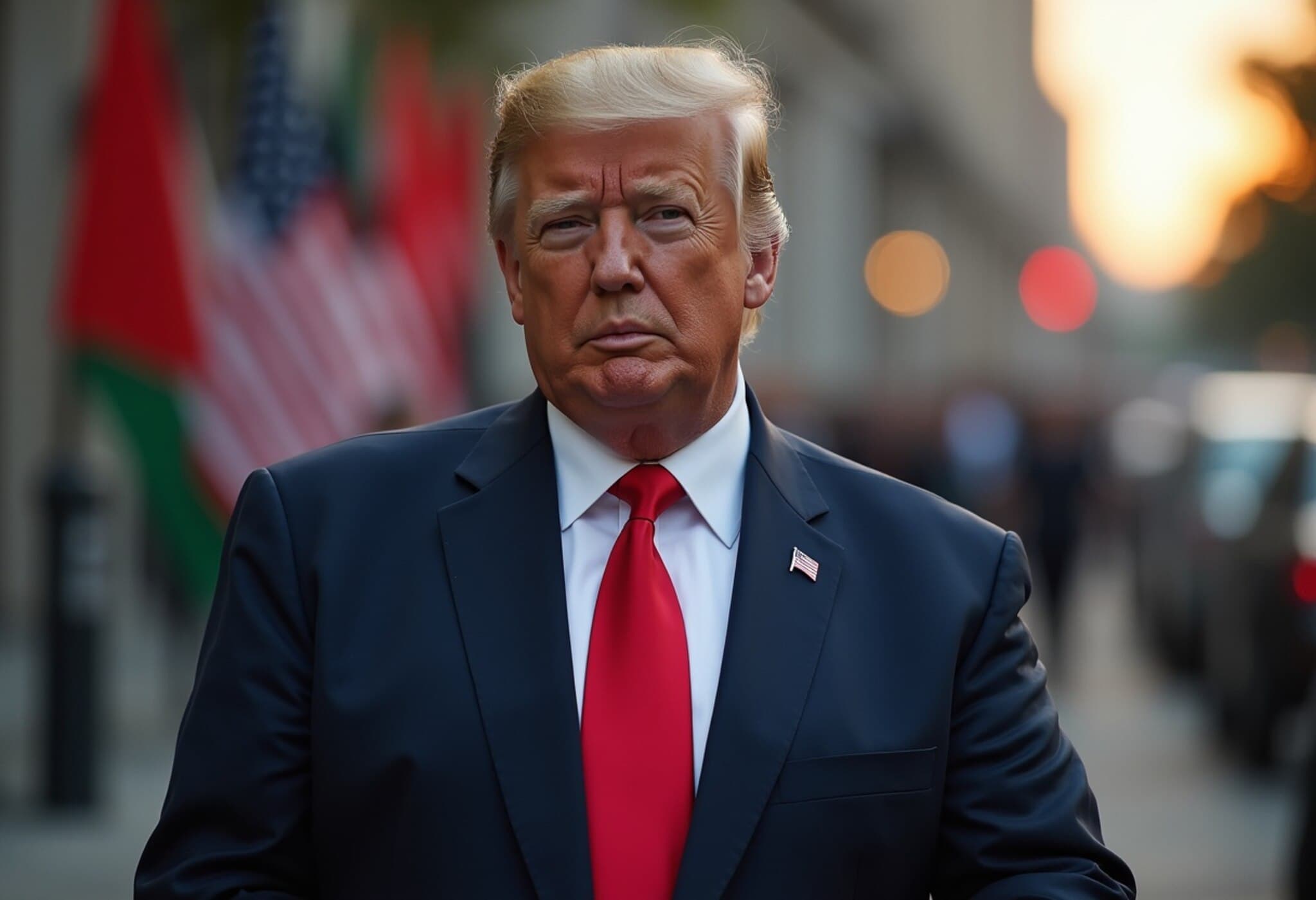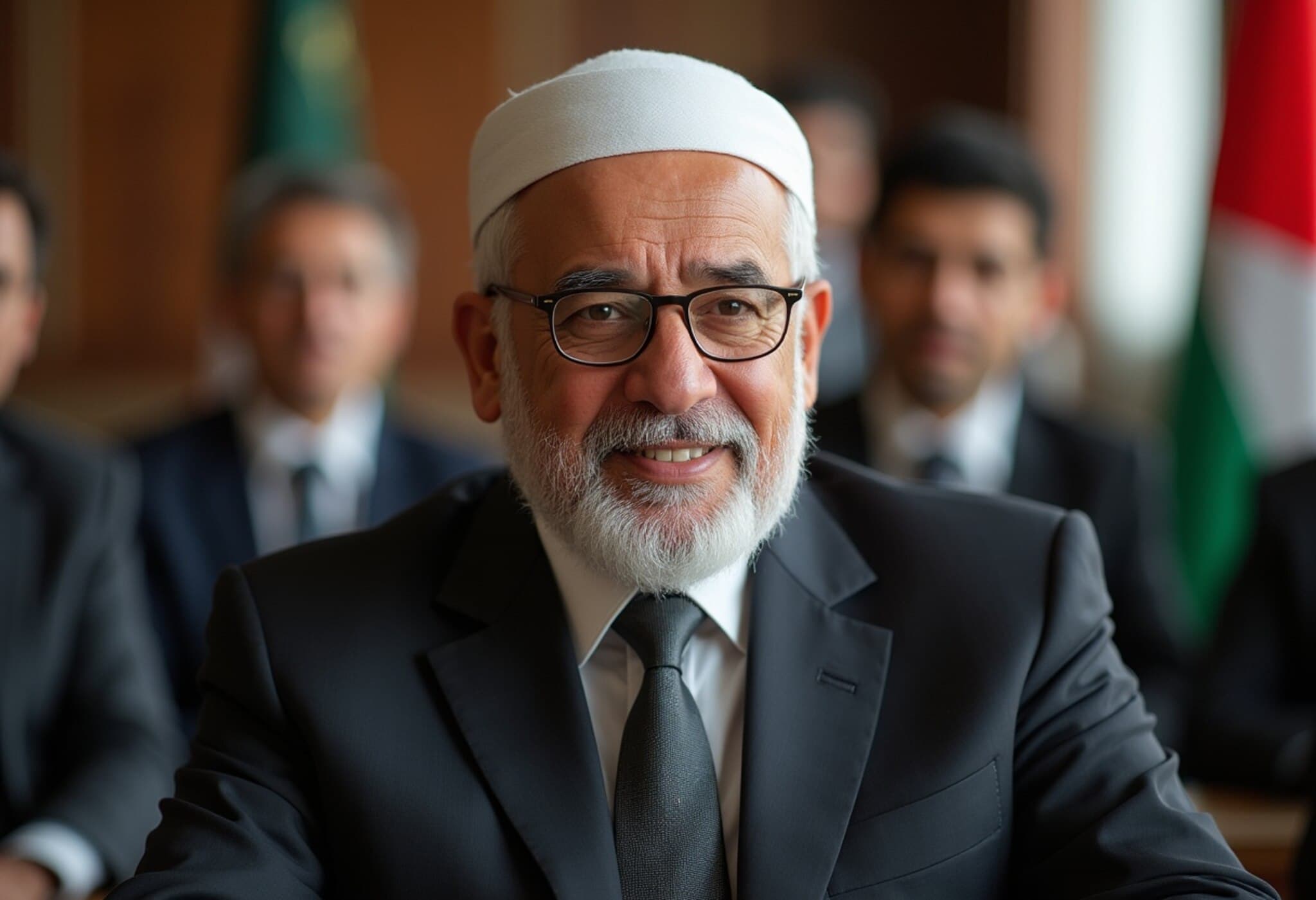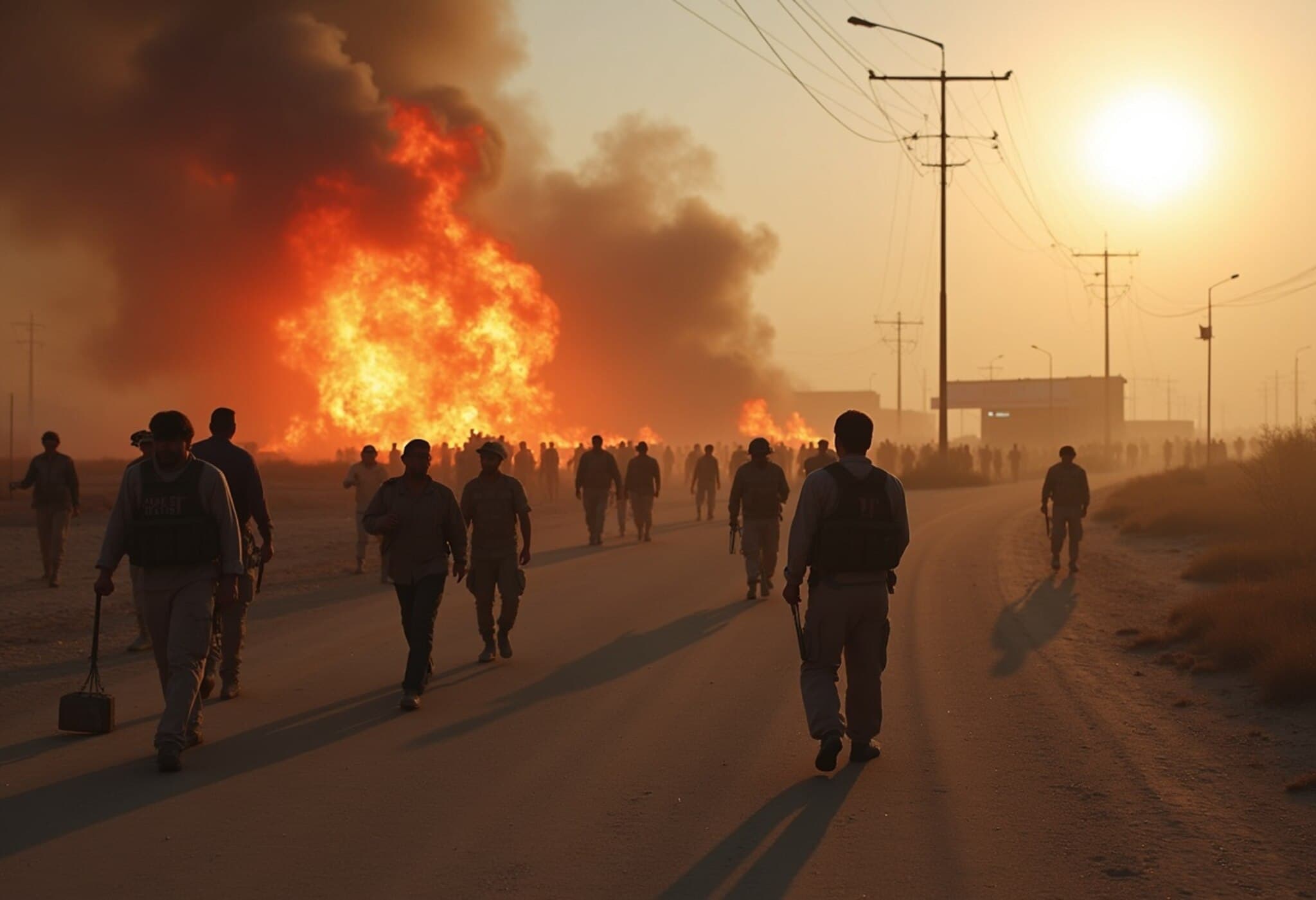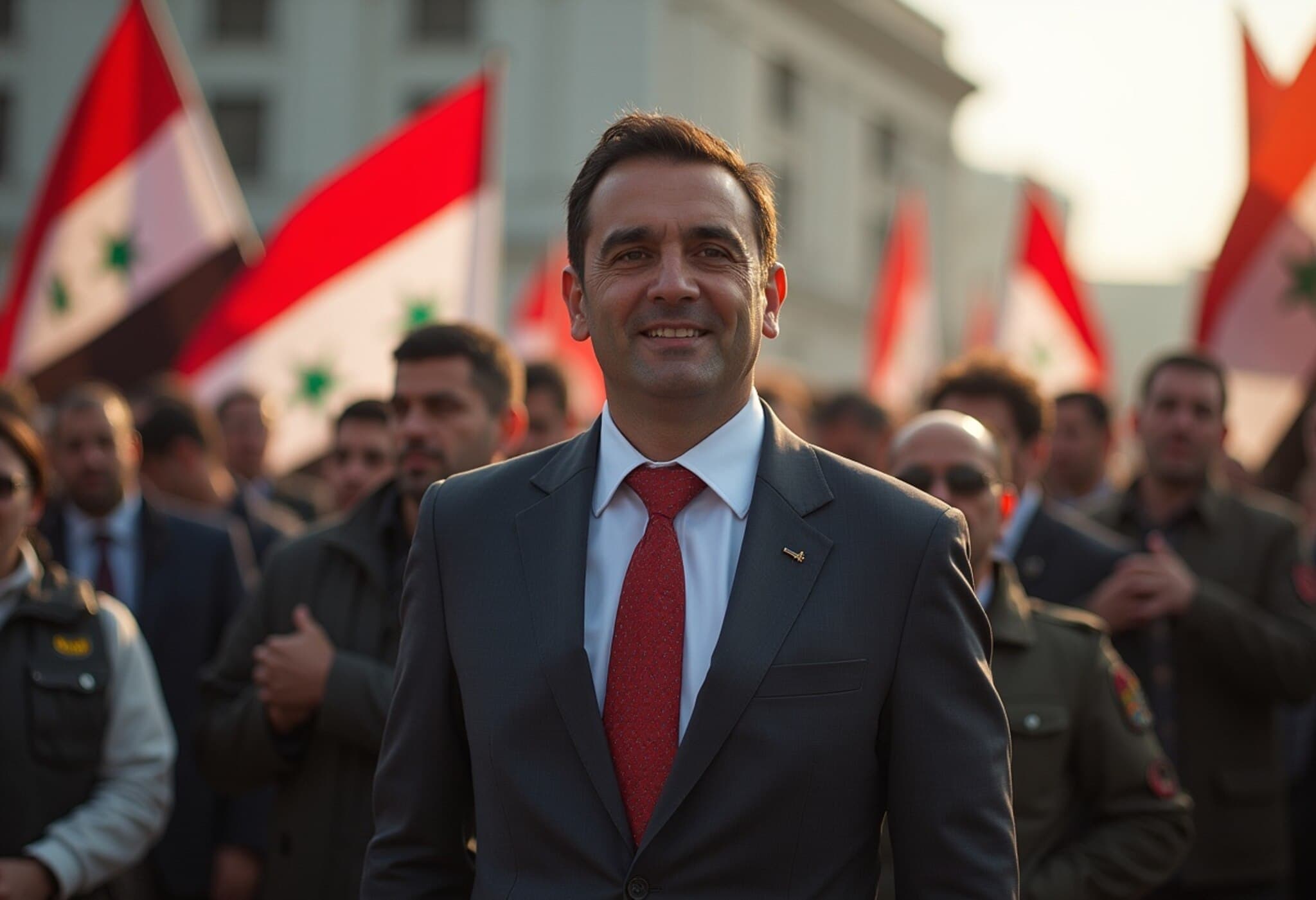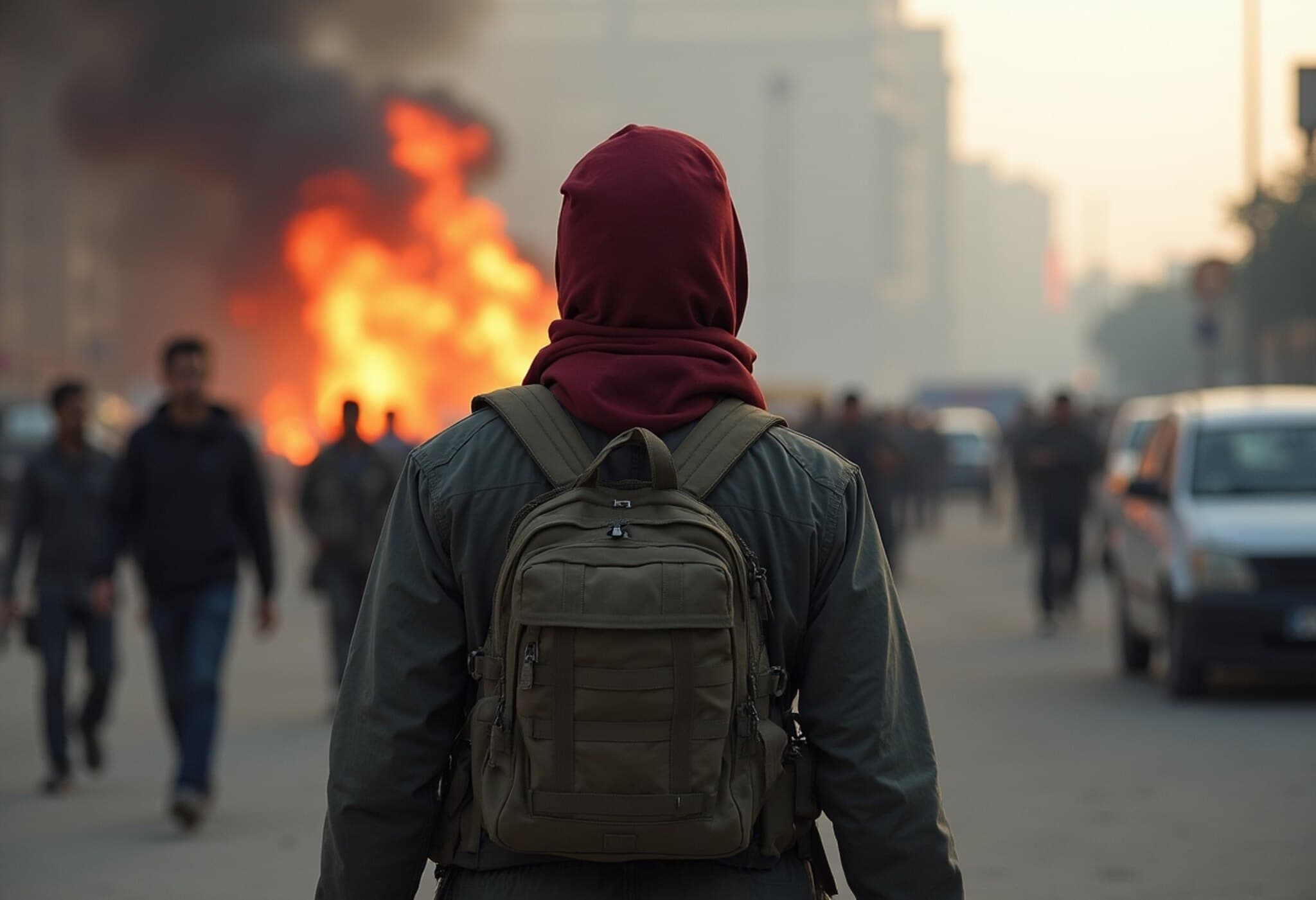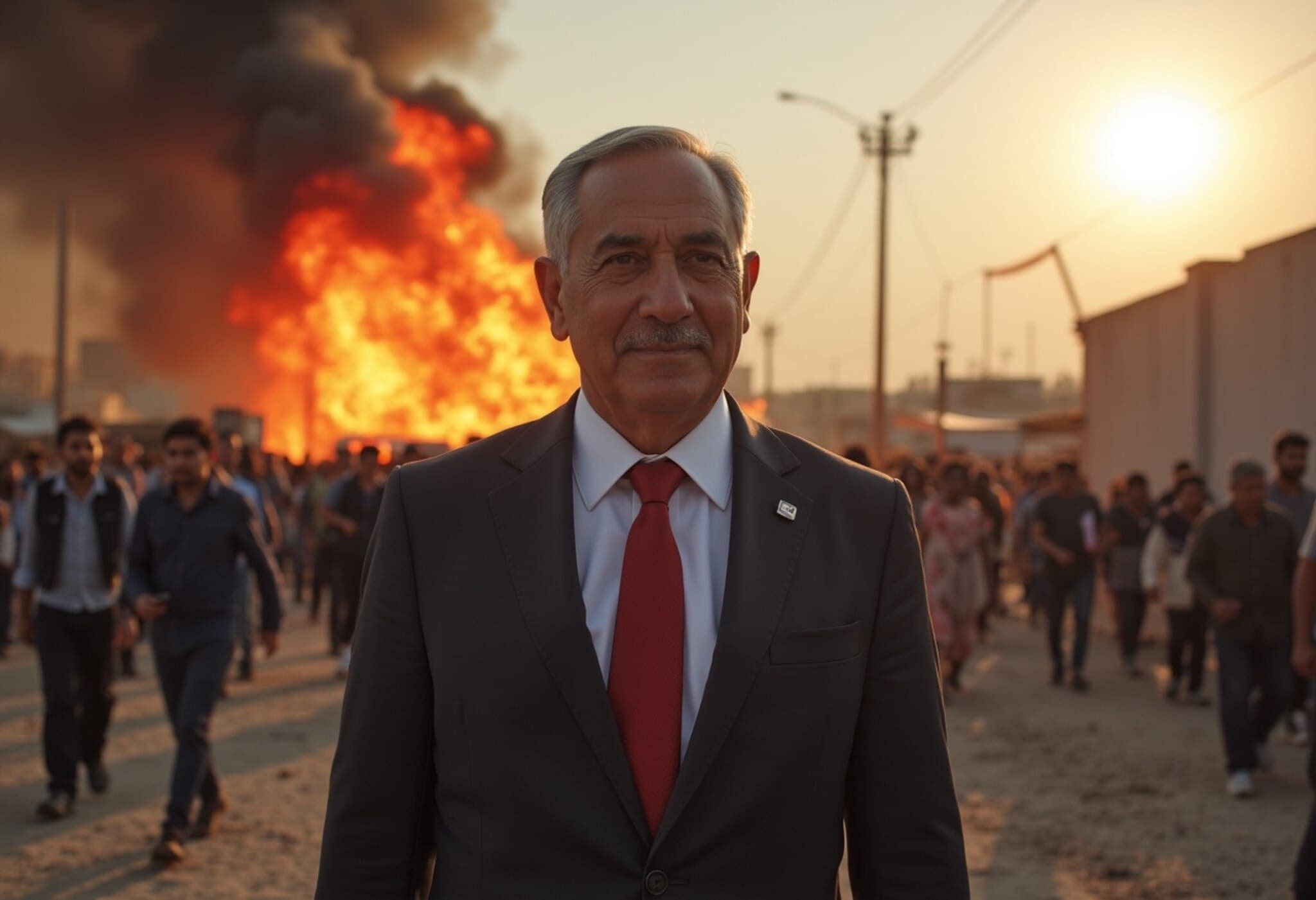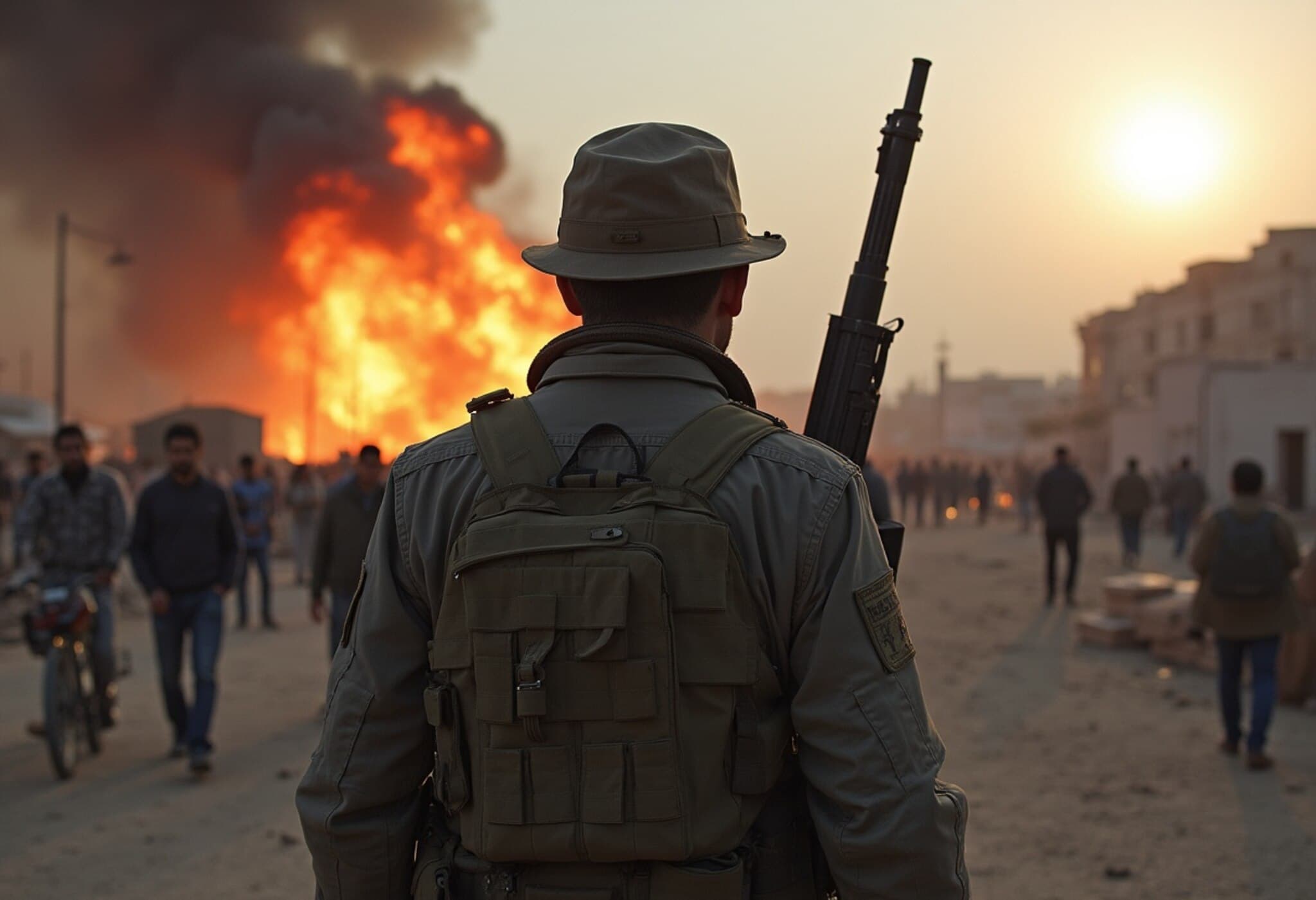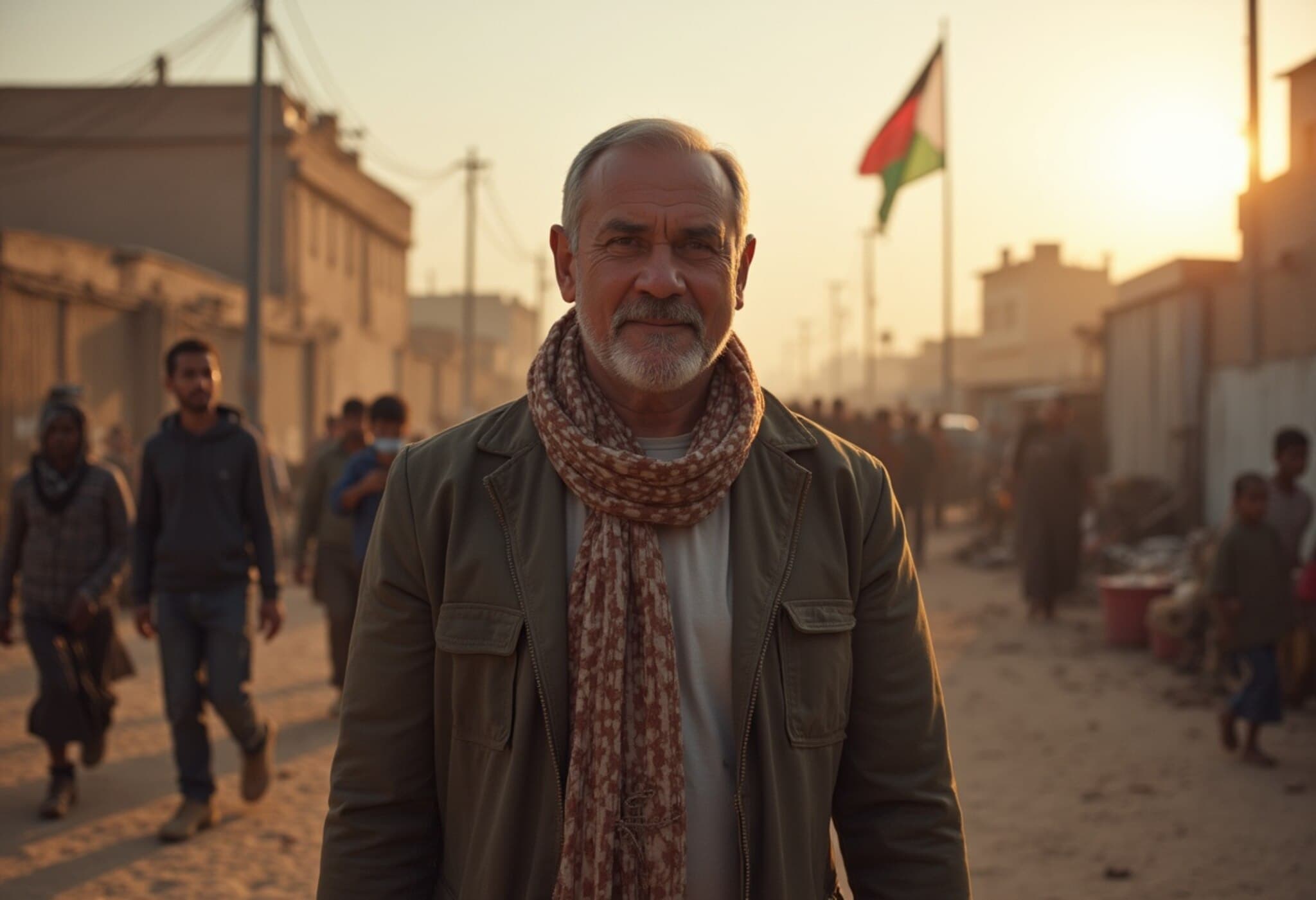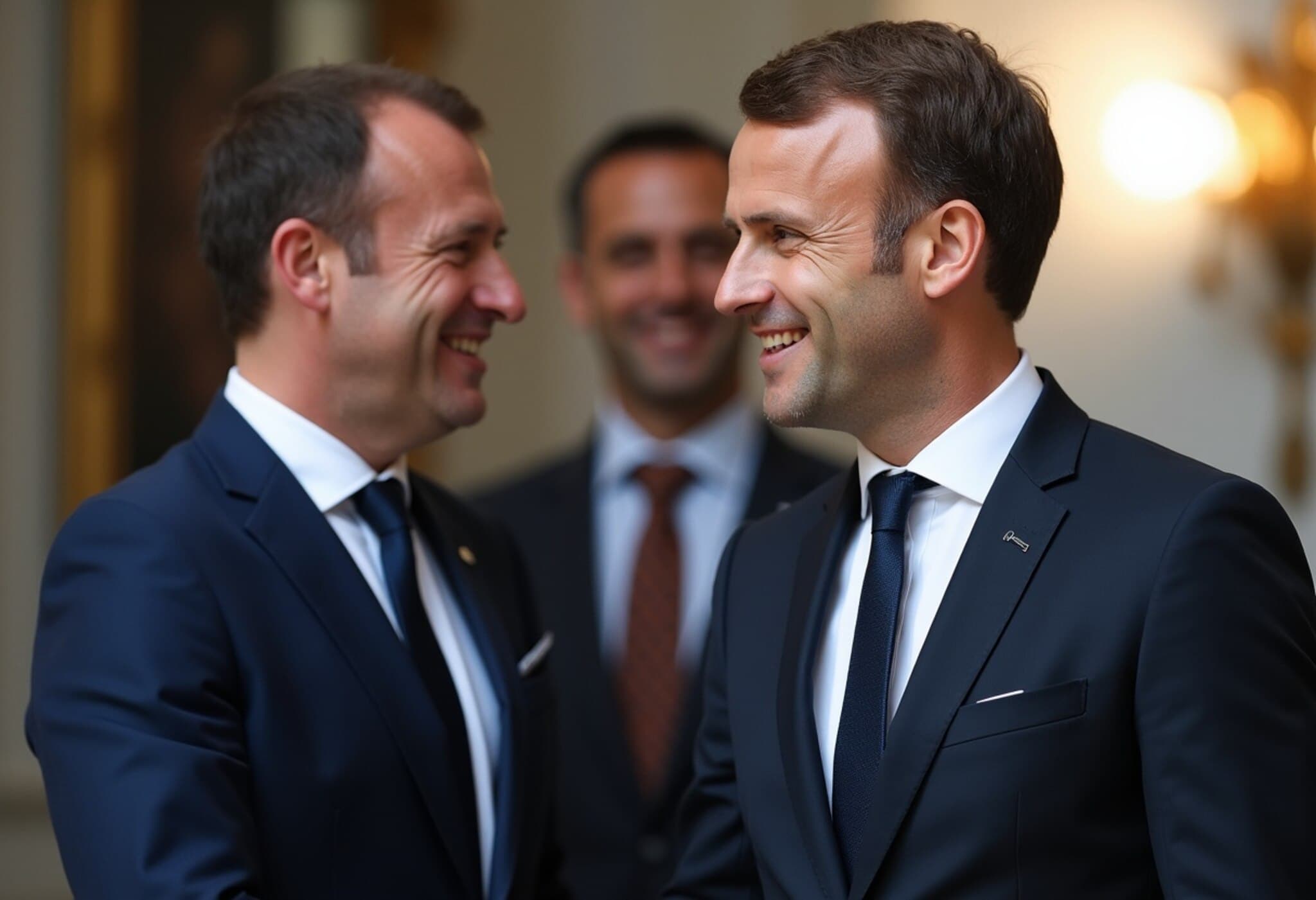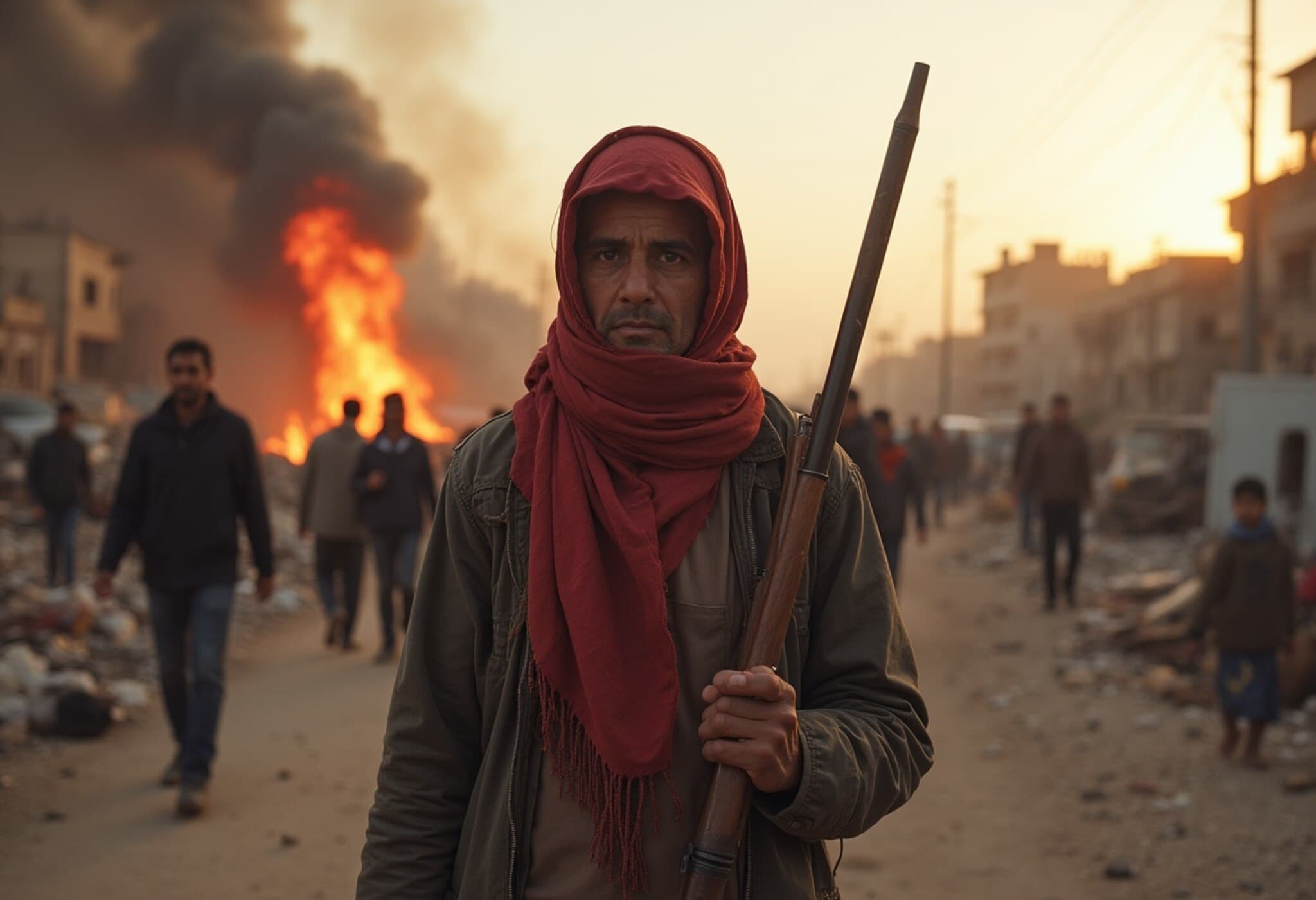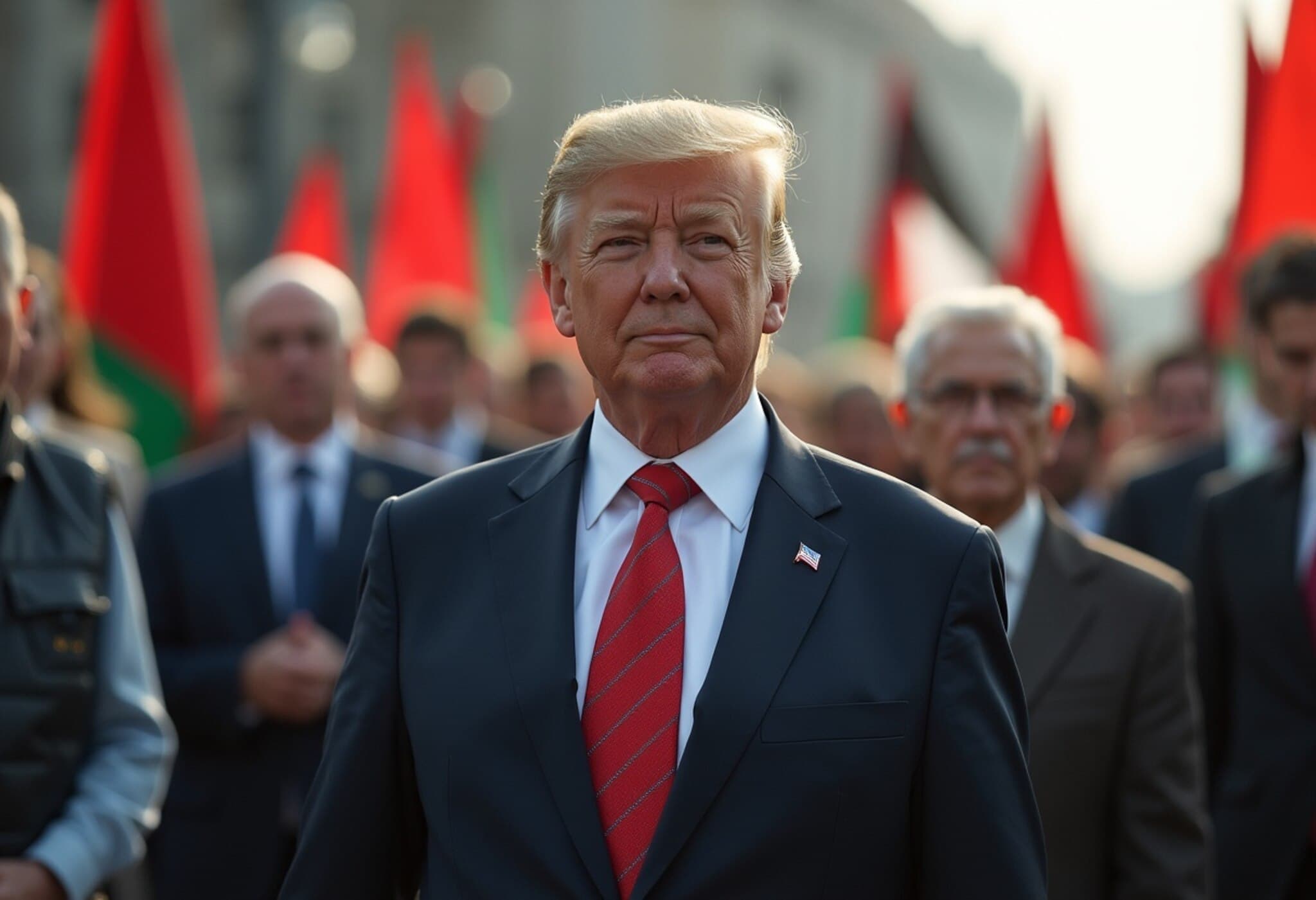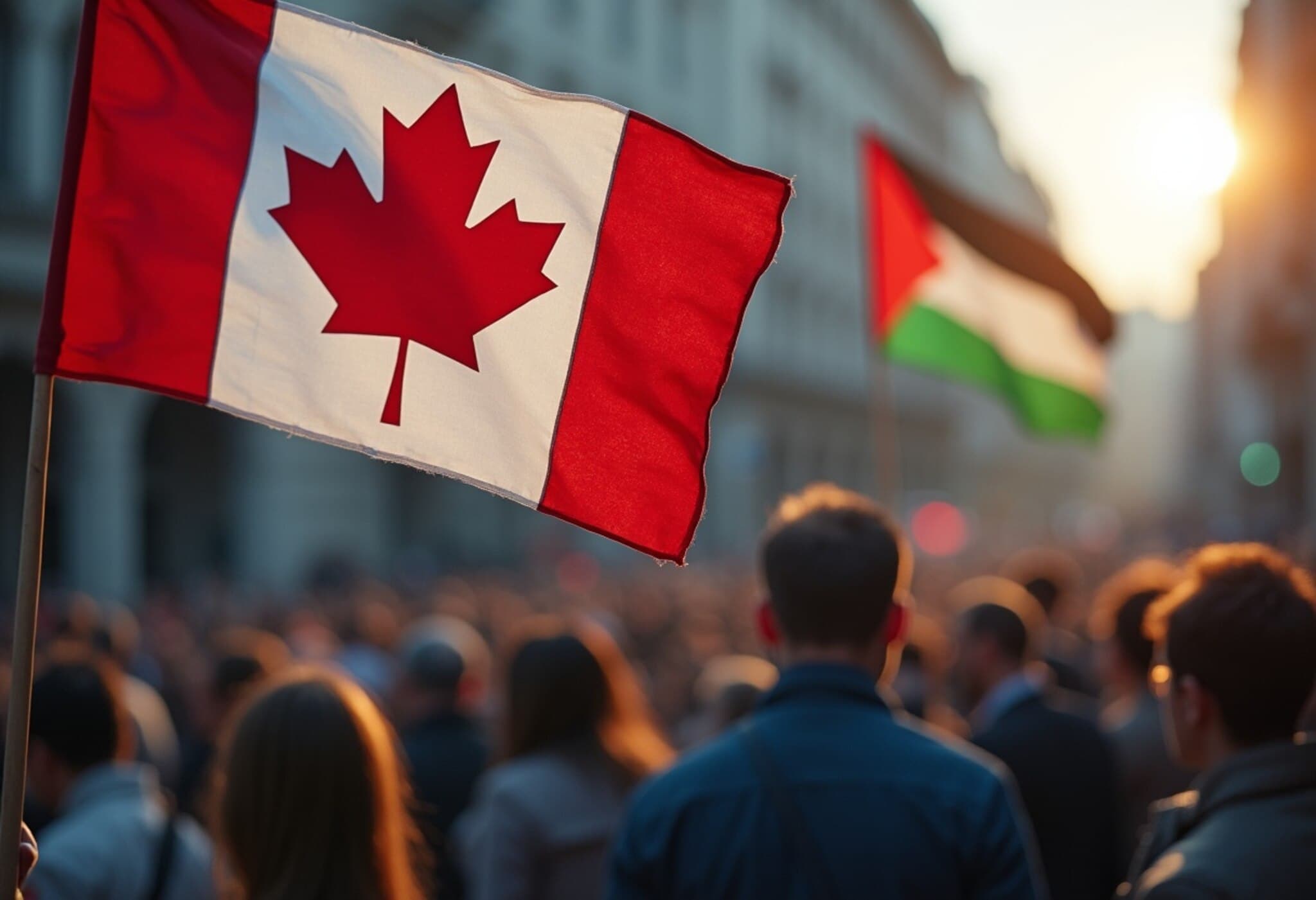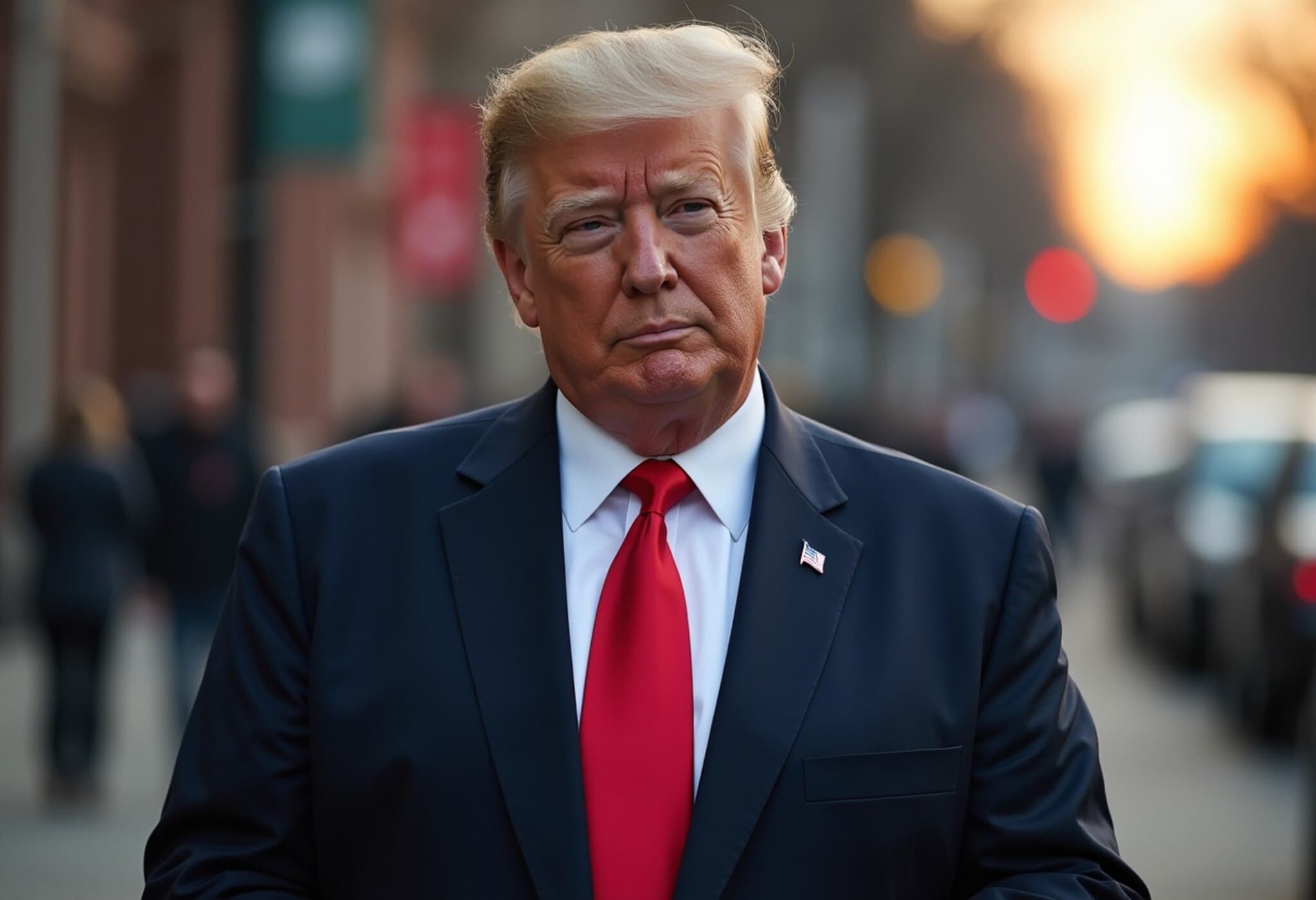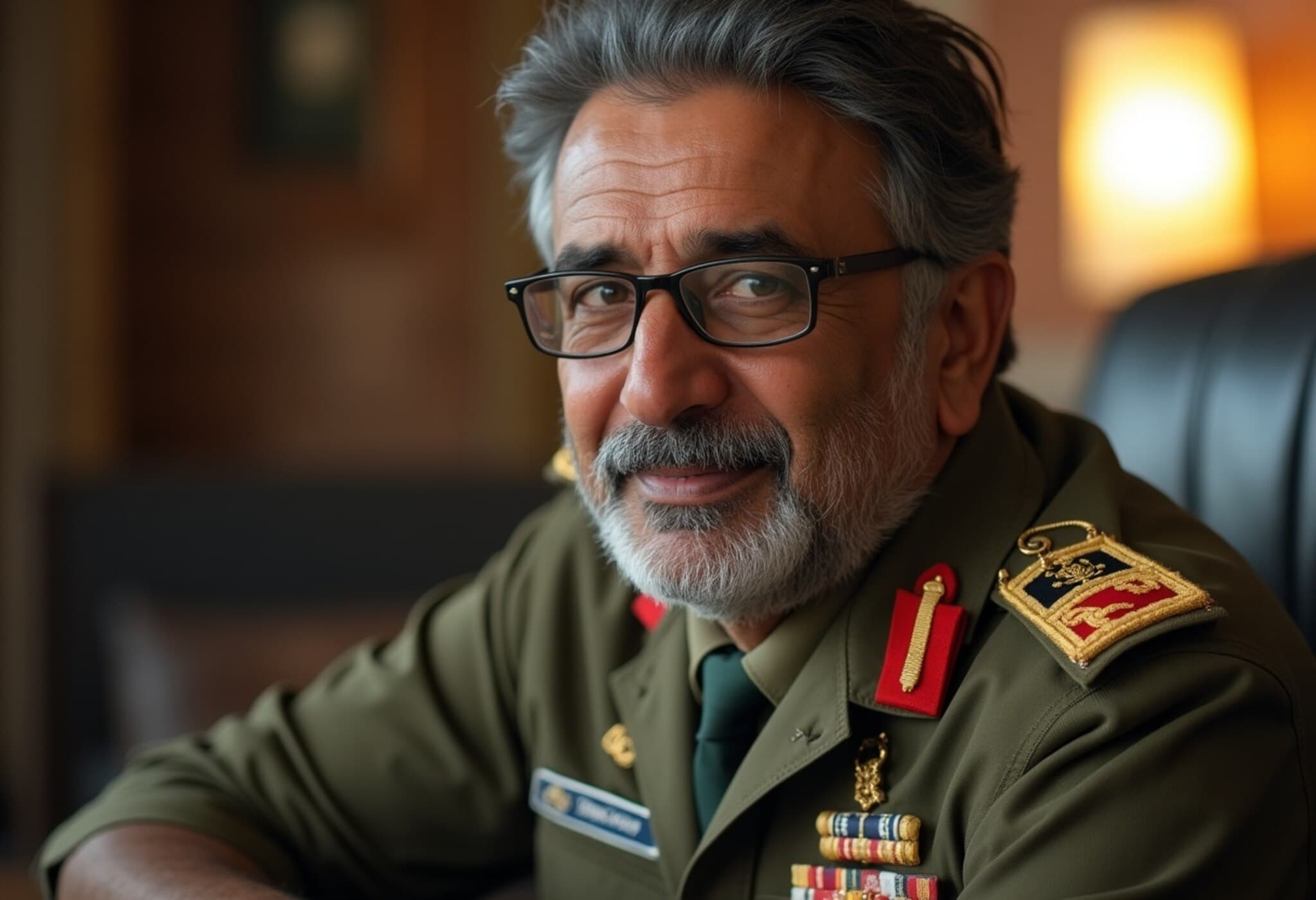Doctors Collapse Amid Starvation in Gaza: UN Warns of Imminent Catastrophe
In an urgent and heart-rending update, the United Nations has revealed that aid workers, including doctors in Gaza, are fainting on duty due to extreme hunger and exhaustion. As Israeli military operations intensify, the humanitarian crisis continues to worsen, leaving Gaza’s vulnerable population and those helping them at risk of collapse.
Humanitarian Workers Pushed to the Brink
Philippe Lazzarini, Commissioner-General of the United Nations Relief and Works Agency for Palestine Refugees (UNRWA), described the dire scenario on the ground during a Geneva press briefing, calling Gaza a “hell on earth.” He explained that caregivers and humanitarian workers, including nurses, doctors, and journalists, are themselves falling prey to malnutrition and fatigue amid scarce food supplies.
“Many of our colleagues are fainting while performing their duties,” Lazzarini emphasized, drawing attention to the critical health and safety risks faced by those who have committed to alleviating the crisis.
Escalating Death Toll and Skyrocketing Food Prices
Since late May, the UNRWA estimates that at least 1,000 Palestinians have died while seeking humanitarian aid in Gaza, underscoring the deadly dangers involved in obtaining essential resources. To make matters worse, the price of food in Gaza has surged by approximately 40 times due to persistent shortages, pushing ordinary families to the brink of starvation.
UN Facilities Under Fire: The World Health Organization’s Dire Account
The World Health Organization (WHO) has also reported direct attacks on its facilities within Gaza. WHO Director-General Tedros Adhanom Ghebreyesus recounted harrowing incidents where Israeli military forces entered staff housing, forcibly evacuating women and children, while subjecting male personnel to humiliating treatment including handcuffing and interrogation at gunpoint.
The WHO’s main warehouse in Deir el-Balah, a city at the heart of recent conflicts, was also targeted, further hampering the delivery of lifesaving medical supplies. These attacks compound the already catastrophic conditions facing Gaza’s over two million residents after nearly two years of ongoing conflict.
International Calls for Ceasefire Grow Louder
In a rare display of unity, allies of Israel — including Britain, France, Australia, Canada, and the European Union — have joined 21 other countries in urging an immediate halt to hostilities. Their joint statement highlighted the escalating civilian suffering and called for:
- A negotiated ceasefire
- The release of hostages held by Palestinian militant groups
- Unhindered access for humanitarian aid deliveries
“The suffering of civilians in Gaza has reached unprecedented depths,” the statement read, underscoring the moral imperative of ending the violence swiftly.
Tedros echoed this urgent appeal on social media, declaring: “A ceasefire is not just necessary; it is long overdue.”
Expert Insights: What Lies Ahead for Gaza?
This unfolding crisis in Gaza is a stark reminder of how protracted conflicts devastate human lives and infrastructure, especially healthcare systems. The fainting of doctors and aid workers — the very people tasked with saving lives — signals a breakdown not only in logistics and governance but in global response mechanisms.
From an American policy perspective, this crisis poses difficult questions about the balance between geopolitical alliances and humanitarian commitments, especially as the U.S. government continues to navigate its strategic relationship with Israel while addressing the mounting civilian toll.
Further, the ballooning food prices highlight the need for innovative international aid strategies that can circumvent blockades and conflict zones, potentially involving diplomatic pressure or multilateral negotiations to establish safe corridors.
Underreported Narratives and Critical Questions
- Local voices and health workers’ testimonies: More firsthand accounts from Gaza’s residents and frontline aid workers are crucial to understanding the human costs behind the statistics.
- Long-term humanitarian frameworks: How can international agencies be better protected and supported in conflict zones to prevent attacks on relief operations?
- Impact on children and vulnerable groups: The crisis worsens daily for families, especially children who carry the scars of war and deprivation.
Editor’s Note
The humanitarian catastrophe unfolding in Gaza is more than a battle over territory; it’s a test of our shared humanity and international responsibility. The fainting of doctors and aid workers amid starvation is a sobering symbol of systemic failure. As the global community watches, the urgent question remains: will diplomacy and compassion triumph before irreversible damage is done?
For readers and policymakers alike, the challenge is to move beyond headlines and act decisively to restore hope and dignity to Gaza’s millions.

